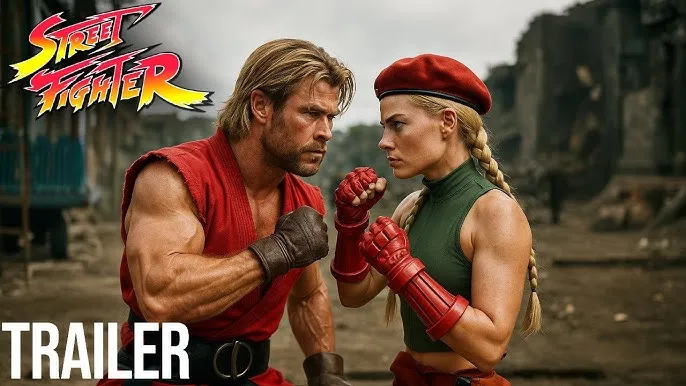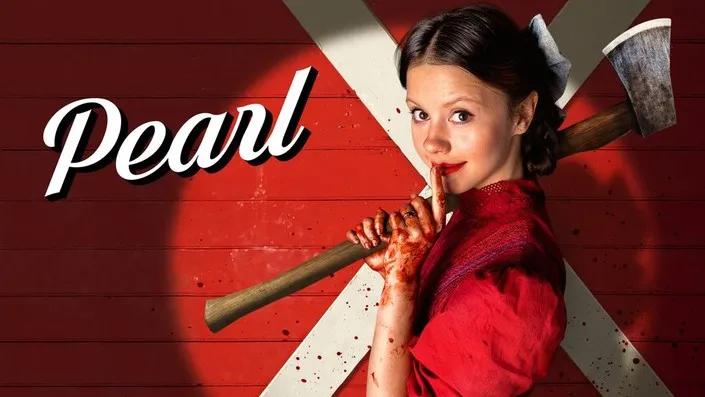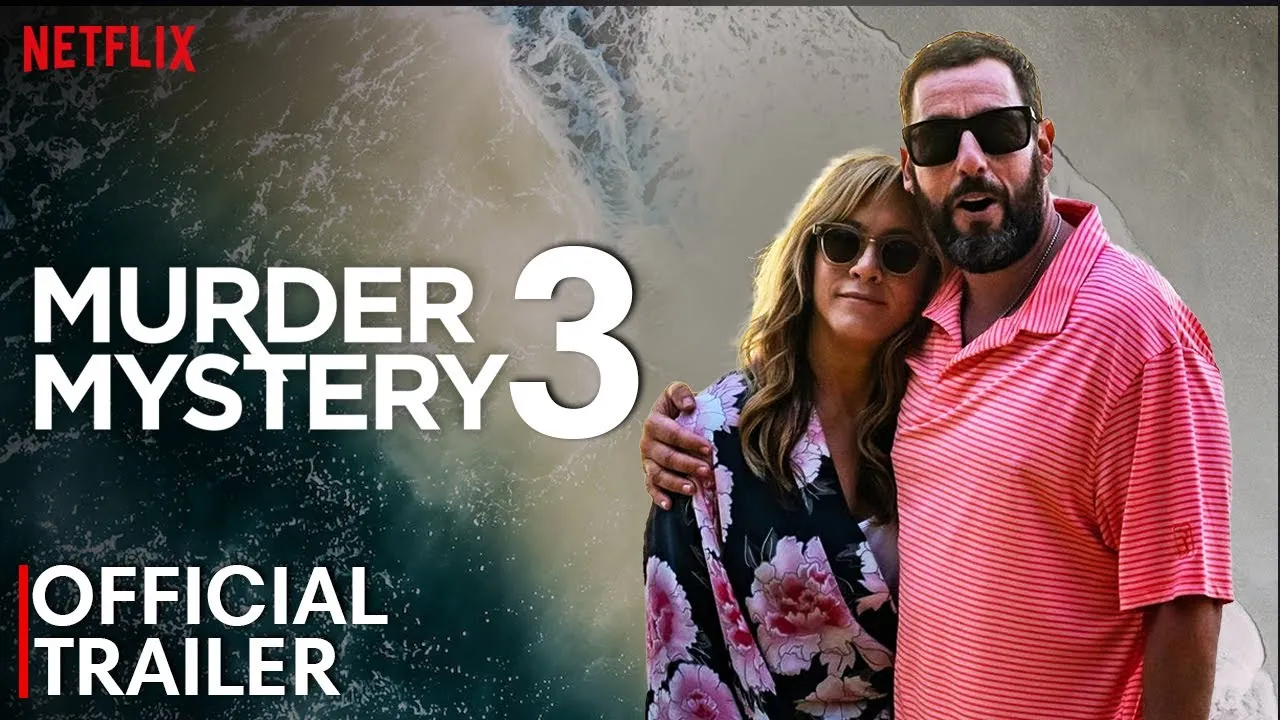Blood built the empire. She decides its fate.
More than two decades after Blow (2001) introduced us to the world of George Jung—the infamous drug trafficker who helped fuel the cocaine explosion in America—Blow 2 (2025) returns with a fictional continuation. Directed by Denis Villeneuve (in this imagined universe) and starring Diego Luna as George’s estranged adult daughter navigating the legacy of her father's empire, the film is not just a crime drama—it's a story of redemption, generational trauma, and the high cost of power.
Blow 2 picks up years after the events of the first film. George Jung has died in prison, leaving behind nothing but a name drenched in both infamy and regret. His daughter, Kristina Sunshine Jung, now in her 30s, has spent most of her life trying to escape her father's shadow. But when a mysterious figure from George’s past contacts her with information about a hidden fortune and unsettled debts, she’s pulled into the same world her father once ruled.
What begins as an emotional journey to understand her past turns into a full-blown descent into the remnants of the American drug trade. With cartels evolving, loyalties shifting, and ghosts from the past resurfacing, Kristina must decide whether to walk away—or take control.

Diego Luna delivers a standout performance as Alejandro, George’s former associate who acts as both mentor and manipulator to Kristina. Opposite him, Adria Arjona stuns in her lead role as Kristina—a woman caught between wanting to make peace with her father's legacy and being tempted by the same money, power, and danger that once consumed him.
Her performance brings emotional gravity, showing Kristina as someone fiercely independent, yet internally fractured. Her transformation—from a reluctant participant to someone making ruthless choices of her own—mirrors her father's rise and fall, but with a deeper sense of self-awareness.
Unlike the glossier, fast-paced Blow of 2001, the sequel is darker, more introspective, and tinged with realism. Director Denis Villeneuve brings a slow-burn, atmospheric style. The cinematography is moody and sharp—filled with long silences, flashbacks, and a haunting score that underscores the cost of living in the underworld.
The film doesn’t glamorize drug culture. Instead, it focuses on the psychological toll of generational crime, how it tears families apart, and how it seduces people with promises it never keeps.

At its core, Blow 2 is about legacy and identity. Can a person truly escape their family’s sins? Is redemption possible in a system built on greed and betrayal? The film draws a stark contrast between George’s charisma and Kristina’s restraint. Where George sought love through excess, Kristina seeks control through understanding—but both are trapped by the same system.
The film also explores gender dynamics in the criminal world. Kristina’s rise is met with skepticism, manipulation, and violence. But she is no pawn—she learns, adapts, and ultimately reshapes the game.
Though fictional, Blow 2 has been praised for not relying on nostalgia. It’s a sequel that tells its own story while honoring the emotional weight of the original. Critics highlight the strong performances, especially Arjona’s, and the film’s gritty, grounded storytelling

In the end, Blow 2 isn't about drugs—it's about choices, consequences, and the ghosts we inherit. It's a haunting, powerful continuation of a story that reminds us: the higher the climb, the harder the fall.



-1749260182-q80.webp)